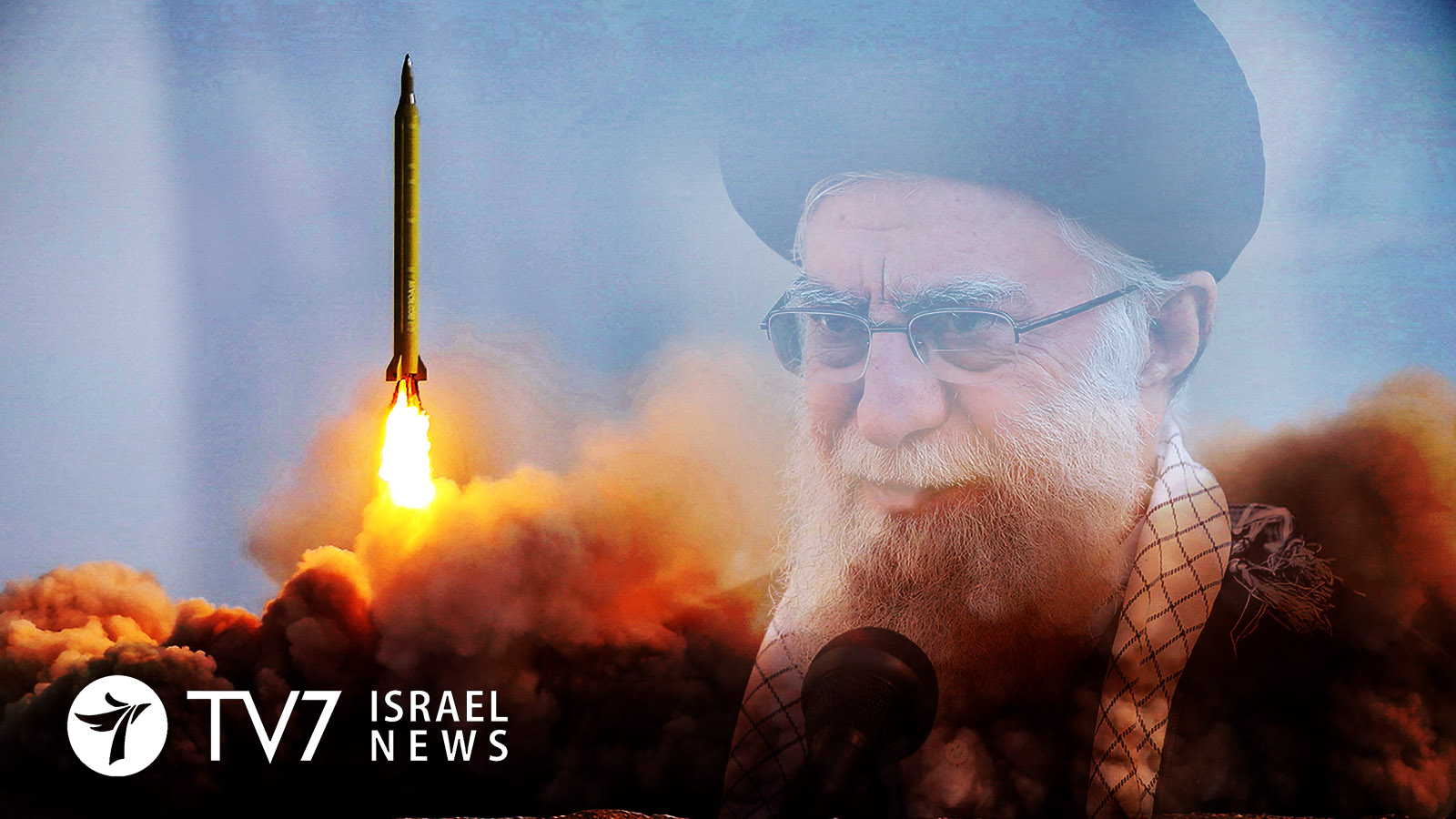A senior Iranian leader has declared that the Islamic Republic may indeed develop nuclear weapons, after years of denying it has any such ambition.
Iranian Intelligence Minister Mahmoud Alavi made the remarks in an interview broadcast on state television on Monday, that were widely published by domestic news websites yesterday.
The comments amount of a rare admission Iran is interested in acquiring atomic bombs, confirming long-held suspicion by Western nations and Israel.
“The Supreme Leader [Ayatollah Ali Khamenei] has explicitly said in his fatwa [religious decree] that nuclear weapons are against Sharia law and the Islamic Republic sees them as religiously forbidden and does not pursue them,” said Minister Alavi, before going on to proclaim: “But a cornered cat may behave differently from when the cat is free. And if they (Western states) push Iran in that direction, then it’s no longer Iran’s fault.”
Iran has consistently maintained that its nuclear program is intended only for the generation of power and for other peaceful purposes. United States intelligence agencies and the International Atomic Energy Agency, however, believe Tehran was in fact engaged in the production of nuclear weapons which it later halted.
Six world powers negotiated the Joint Comprehensive Plan of Action (JCPOA) deal in 2015 to set limits on Iranian nuclear development in exchange for the lifting of harsh sanctions. Israel was among chief detractors of the accord over claims its curbs were not sufficiently stringent. After former US President Donald Trump withdrew from the JCPOA in 2018 and restored punitive economic measures, the Islamic Republic retaliated by breaching the the JCPOA terms step-by-step.
The administration of US President Joe Biden has stated that if Tehran return to strict compliance with the JCPOA Washington would follow with renewed negotiation toward a broader agreement aimed at restricting Iranian missile development and malign regional activities.
The Ayatollah regime is demanding, however, that Tehran will not uphold its nuclear obligations until Washington lifts sanctions and have absolutely rejected any talks on wider security issues.
The impasse between the sides over which should return to the accord first makes it unlikely that US sanctions that have crippled Iran’s economy will be removed in a swift process.
